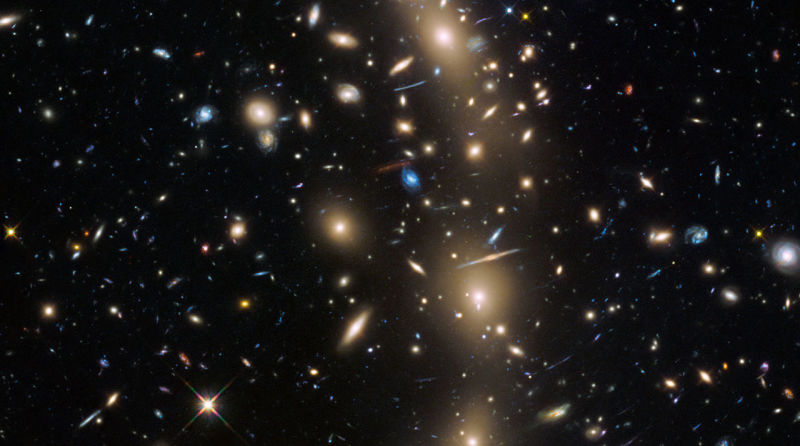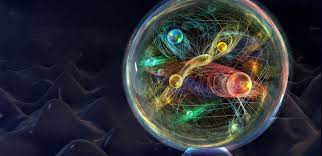Destaques
- Gerar link
- X
- Outros aplicativos
Unveiling the Secrets of Deep Space: Exploring the Discovery of Deep Space
The exploration of deep space has been a fascinating endeavor that has allowed us to expand our knowledge and understanding of the universe. In this article, we will delve into the exciting journey of discovering deep space, from early observations and theories to groundbreaking discoveries and advancements in technology that have revolutionized our understanding of the cosmos.
Early Observations and Theories:
Throughout history, humans have gazed up at the night sky, observing the stars and wondering about the vastness beyond. Early civilizations developed myths and legends to explain the celestial bodies they saw. However, it was not until the development of telescopes in the 17th century that astronomers began to make significant observations and formulate theories about the nature of deep space. Pioneers like Galileo Galilei and Johannes Kepler made important contributions, paving the way for future explorations.
Revolutionary Discoveries:
In the early 20th century, groundbreaking discoveries reshaped our understanding of deep space. Edwin Hubble's observations using the powerful Hooker Telescope revealed that the universe is expanding, leading to the formulation of the Big Bang theory. This theory suggests that the universe originated from a single point of immense energy and has been expanding ever since. Hubble's work also demonstrated the existence of other galaxies beyond our Milky Way, revealing the vastness of deep space.
Technological Advancements:
Advancements in technology have played a pivotal role in our ability to explore deep space. Telescopes equipped with advanced optics, such as the Hubble Space Telescope, have provided stunning images of distant galaxies, nebulae, and other celestial objects. Space missions, such as the Voyager and Cassini missions, have allowed us to study and gather data about distant planets, moons, and even interstellar space. Furthermore, the development of powerful computers and data analysis techniques has enabled scientists to process and interpret vast amounts of astronomical data, uncovering new insights into deep space.
Understanding the Cosmos:
The exploration of deep space has provided us with valuable knowledge about the formation and evolution of galaxies, the existence of black holes, the nature of dark matter and dark energy, and the possibilities of extraterrestrial life. It has also allowed us to study phenomena such as supernovae, pulsars, and gravitational waves, contributing to our understanding of the fundamental laws that govern the universe.
Future Prospects:
As technology continues to advance, our ability to explore deep space will only expand. Missions to Mars and other planets, as well as the development of advanced telescopes and space observatories, will provide us with even more detailed information about the mysteries of deep space. Additionally, collaborations between space agencies and international organizations allow for shared knowledge and resources, furthering our collective understanding of the cosmos.
Conclusion:
The discovery of deep space has been a remarkable journey of human curiosity, innovation, and scientific exploration. From ancient civilizations peering into the night sky to the cutting-edge technology of today, we have made tremendous strides in unraveling the mysteries of the universe. The exploration of deep space continues to captivate our imaginations and push the boundaries of human knowledge, reminding us of the limitless possibilities that lie beyond our home planet.
- Gerar link
- X
- Outros aplicativos
Postagens mais visitadas
The Higgs Boson: Unveiling the Particle that Shaped the Universe
- Gerar link
- X
- Outros aplicativos



Comentários
Postar um comentário